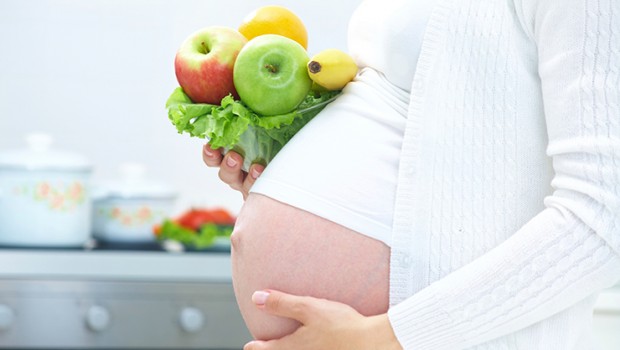Picture a box filled with puzzle pieces. As you empty the contents onto the floor, you have a certain goal in mind – to find the puzzle pieces that would fit together in order to produce something that is beautiful and whole. Each piece is different from the rest, and the edges are designed to match the edges of only certain puzzle pieces. This notion on puzzle pieces can be related to your body and diet during pregnancy as well. Your body is complex and unique, made up of different systems that work harmoniously and efficiently in order to make sure that you continue to function properly. As such, you should also choose a pregnancy diet that is right for your body and blood type – one that is compatible to its needs and unique make-up – to maintain excellent health for both you and your baby.
Blood types fall under four classifications: Type A, Type B, Type AB, and the most common, Type O. The main factor that differentiates one blood type from another is the presence or absence of antigens, which are substances that trigger a response from the immune system by producing antibodies. Lectins, on the other hand, are molecular protein substances found in the food you eat. Depending on the blood type that you have, a different response would be triggered by the lectins that you ingest. This is why it is important to select only the foods that would generate a positive response from the antigens in your blood, in order to prevent excessive antigen production which may lead to blood clotting, acid buildup and immune system deficiencies, among others, jeopardizing the health of your baby.
There are many other possible health problems that you may encounter during your pregnancy, such as joint inflammations, an increase in your stress levels, changes in your metabolism and a weakening of your immune system. Problems with your digestion may also occur frequently. By making sure that your pregnancy diet is compatible with your blood type, you can reduce the risk of having these conditions.
So what is the right kind of pregnancy diet for each blood? The following presents a general guideline on the kinds of food you should eat, all based on medical research:
o Type O: The diet of pregnant women with this blood type should consist primarily of animal meat and vegetables. Examples of these include lean beef, pinto beans and collard greens.
o Type A: The diet of pregnant women with this blood type should consist primarily of plants, meaning vegetables, fruits and whole grains.
o Type B: The diet of pregnant women with this blood type should consist of a variety of food, including seafood, beef, grains and oats, and green and leafy vegetables.
o Type AB: The diet of pregnant women with this blood type should consist of lamb, turkey, and cultured dairy products. These should be in small servings, but taken at frequent intervals.
Of course, before starting on any pregnancy diet plan, it would be best to consult your doctor so you can map out in detail the proper diet plan that you should undergo, as well as the amount of consumption you should observe. Taking measures such as ensuring that your pregnancy diet is compatible with your blood type could spell out the difference between having a child born with complications and having a child that is healthy, strong, and free from illnesses.
By: Brent P




